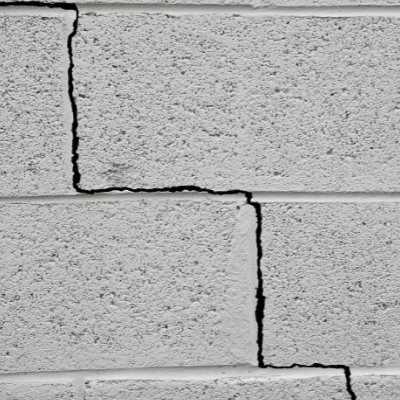Foundation problems rarely start big. They often show up as things like cracked drywall, sticky windows, or a slightly uneven floor. While these issues might seem minor, they’re often early warning signs of something more serious. Knowing when to repair your foundation can make a major difference in your home’s safety, value, and repair costs.
Why You Should Act Fast
It’s tempting to put off foundation repairs, especially if the issues seem small or you’re juggling other projects. But foundation problems don’t just go away on their own. They typically get worse with time—and more expensive to fix.
What starts as a hairline crack can turn into a water leak. What looks like a small slope in your floor can evolve into structural instability. Delaying repairs can also lead to other problems throughout your home, like skewed door frames, cracked ceilings, and even plumbing issues. Acting early helps you avoid larger, costlier repairs down the road.
Recognizing Foundation Problems

Not sure what to look for? Here are some common signs that it’s time to schedule an inspection:
- Cracks in walls, ceilings, or floors
- Doors or windows that stick or don’t close properly
- Water leaking or seeping through your basement or crawl space
- Sloping or uneven floors
- Leaning or bowing walls
If you notice any of these signs, it’s a good idea to contact a professional. DIY fixes might be fine for cosmetic issues, but real structural problems need real solutions.
What Time of Year Is Best for Foundation Repair?
Many homeowners assume foundation repair is something to do only in the summer. But repairs can be done year-round, depending on the issue and the weather.
Spring and Summer
These seasons are popular for a reason. Soil is softer, making some types of exterior work easier. However, spring thaw and heavy rain can also reveal or worsen foundation problems, so timing matters. The downside is that contractors are often booked up, and you might face a longer wait to get on the schedule.
Fall and Winter
You might not think of doing major home repairs when it’s cold, but fall and winter have advantages. Contractors are usually less busy, making it easier to schedule service. Cold, dry weather can also help prevent moisture issues while repairs are underway. Some limitations do exist though—exterior work like installing piers may not be possible during freezing conditions.
Bottom Line: Don’t Wait
The best time to repair your foundation is as soon as you notice a problem. While each season has pros and cons, waiting too long can turn a small repair into a big one. Acting early protects your home, your wallet, and your peace of mind.
Call Jerry’s Waterproofing Today
If you’re seeing signs of foundation damage, don’t wait to find out how serious it is. Our team has been helping homeowners in Eastern Nebraska and Western Iowa since 1976. We specialize in foundation repair, basement waterproofing, crawl space repair, and more. We’ll inspect your home, identify the problem, and build a repair plan that works—and lasts.
Call Jerry’s Waterproofing today to schedule a free estimate.



